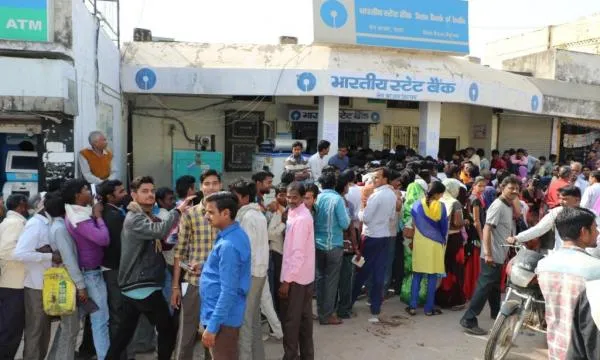
Consolidating public sector banks in India still won't improve weak capitalisation
But the mergers could provide scale efficiencies and improve the quality of corporate governance.
Last Wednesday, the Union Cabinet of India announced that a ministerial panel led by Finance Minister Arun Jaitley would be set up to consider and oversee mergers among the country’s 21 public-sector banks. According to Moody's, this is credit positive because mergers would provide scale efficiencies and improve the quality of corporate governance. However, absent fresh capital infusions from the government, such mergers would not improve public-sector banks’ weak capitalisation.
Here's more from Moody's:
Poor corporate governance has been a structural credit weakness at public-sector banks, and managing all 21 has proven to be unwieldy for the government, which has been unable to pay sufficient attention to key issues such as long-term strategies and human resources. Consolidation would address some of these issues.
Consolidating public-sector banks also would help from a scale perspective. Public-sector banks are the dominant segment of India’s banking system, holding around 74% of all deposits.
However, with the exception of State Bank of India, none of the other public-sector banks is large enough to have a competitive advantage. This may change with consolidation, given the potential for some of these banks to grow to levels that exceed even large private-sector banks.
Notwithstanding the positive effect on corporate governance and scale efficiencies, any proposed mergers would not improve public-sector banks’ weak capitalisation. Most public-sector banks have weak capital levels, so merging two or more entities with weak capital levels will create a larger entity with weak capital.
Until there is clear visibility on the merger process, including which entities would merge with and the terms of such a merger, public-sector banks will continue to have difficulty accessing the equity capital markets as investors demand clarity on these details. As a result, we continue to believe that capital infusions from the government remain key to improving these banks’ capital levels.
We note that the approval by the cabinet is only the first step in what will be a complex process. However, we believe that there is a high probability that the mergers will take place given the government’s apparent willingness to see this through.



















 Advertise
Advertise










